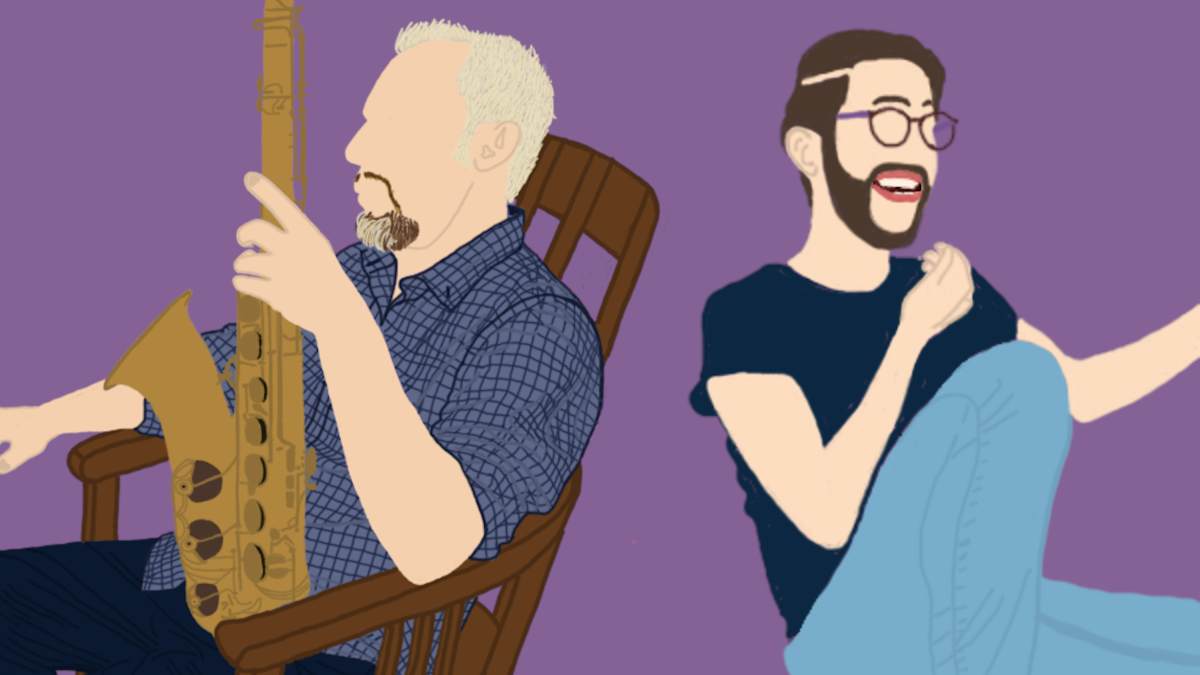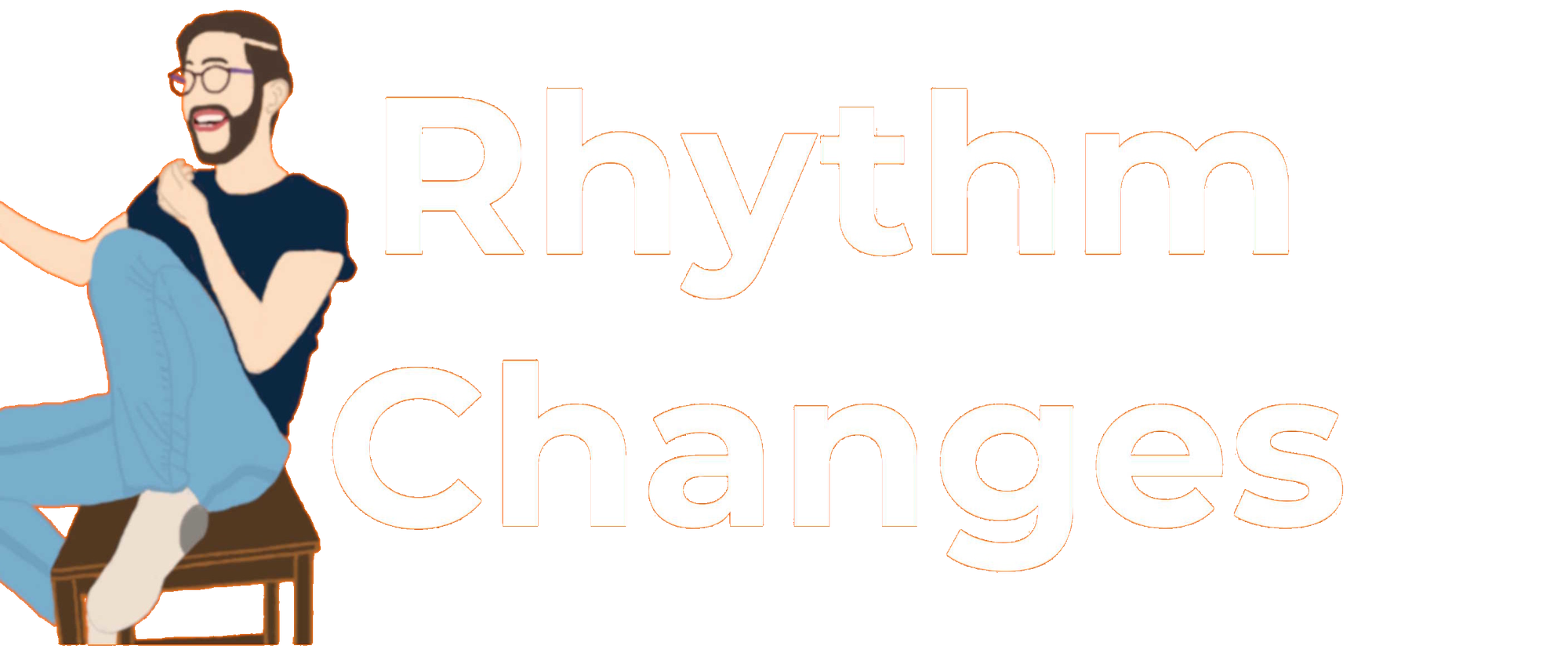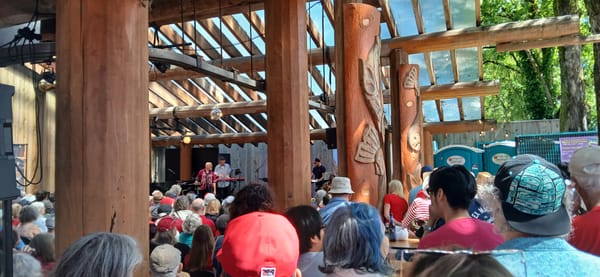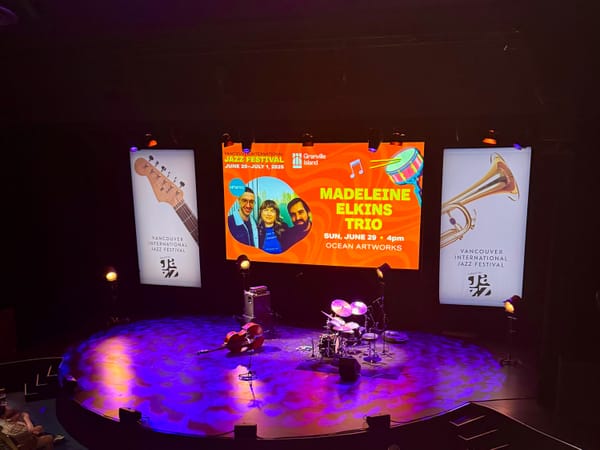Jazz Office Hours
Episode 1 with Cory Weeds and I as co-hosts out today

Today, Cory Weeds and I released episode 1 of our new podcast, Jazz Office Hours.
I hinted at this day's arrival in two previous Updates:
- In Reflections on one year of podcasting, you hear how how bad I was at producing episodes!
- In How I'm building a new podcast audience this summer, you get an outline of my real strategy for marketing this show.
Thank you to those who submitted questions; I actually have enough on-hand for at least the next two episodes already.
Here's what is guiding me while I produce Jazz Office Hours from here on. It's one question in particular, which is a bit of a red herring but sure helps me focus:
Who are the 'competitors' for Jazz Office Hours?
Well, there are jazz education shows, and then there are music business shows.
Jazz education shows: examples
- Open Studio. The St. Louis-based outlet's co-hosted show focuses on learning to play the music itself much more than the professional side.
- Nick Finzer. Nick is on the trombone faculty at North Texas. He does it solo and his most successful content is about playing trombone.
- Jazz Composers Present. This Canadian outlet is interview-driven and offers composition tips, as the name suggests.
Music business shows: examples
- Jesse Cannon. Probably the most relevant business channel on YouTube today. If you ever see a young artist using a service called Koji, that's Jesse's main sponsor.
- Damian Keyes. His channel was once an up-and-coming, generous advice show, but it's been a bit sad to see it get optimized to death for clicks & upsells to his membership.
- Burstimo. An in-depth, co-hosted channel that brings you behind the curtain of the pop music industry's elite.
So, for the jazz education channels, I highlighted the different ways that the established shows primarily cover the musical education side.
And what I want to tell you about the out-and-out music business shows is their advice isn't relevant unless you make pop music. Sure, they cover basic stuff like how to use a digital distributor – but beyond that, it's very clear that they're speaking to not us, so to speak.
Escaping competition by integrating the two types
Therefore, the goal of Jazz Office Hours is to cut through the middle of these two types of shows:
- Cory and I can tape a podcast that consistently sounds good, and have fun doing it
- From our jazz backgrounds, we'll discuss the professional side of music, with a learner's / educational mindset
- This will entertain and inform certain listeners who weren't a good match for either of the established two types of shows
We'd be drifting a bit if we started to talk a lot about learning to play jazz or about the 101-level digital music topics that all music business channels cover (and that universities probably pass off as a whole course syllabus). You can already find that content elsewhere.
Competition is a red herring. Being "the only" – no matter how niche – is what you want to strive for, because if we all do that, then there's room for everyone.
I originally published this edition of the Rhythm Changes Update for subscribers-only and have since made it available for anyone on the web. Please enjoy browsing this website for more content.





